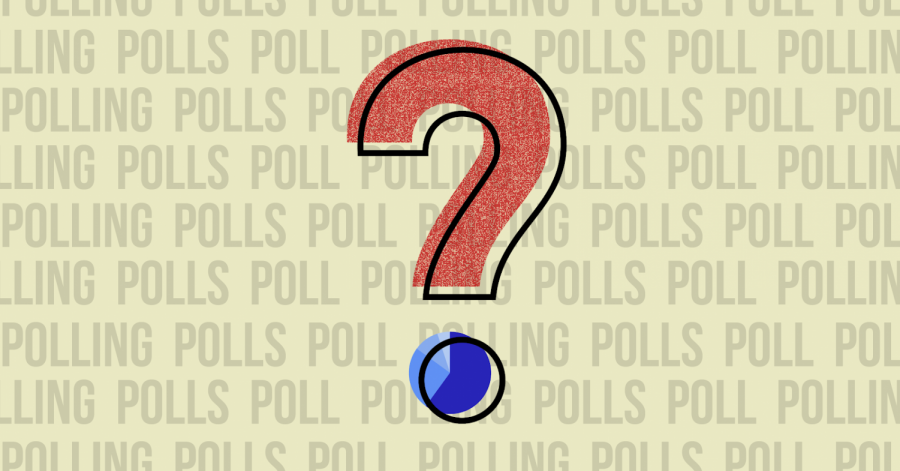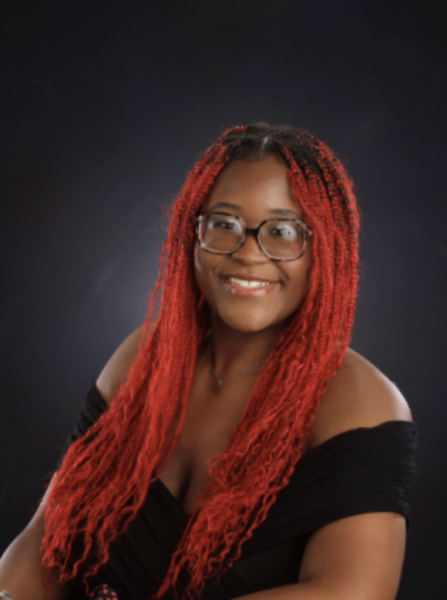Stop Relying on Polls
While many polls correctly projected President-elect Biden’s victory over President Trump in the 2020 election, the polling data was still inaccurate and misleading. Many pollsters calculated that Biden would beat Trump in a landslide; this was a false calculation.
The Economist’s polling forecast showed an 80% chance of Biden winning Florida, a win that would virtually guarantee Biden’s presidency. However, on November 3, Trump beat Biden by 374,394 votes in the state.
Pollsters also forecast that Democrats would take back the Senate, another false expectation. The Economist predicted that there was only a 20% chance that Republicans would maintain control of the Senate. And yet, despite pollsters putting such a high probability on the Senate shifting to Democratic control, the fate of the Senate now rests with a pair of runoffs in Georgia in January.
The polls were wrong; are they even useful anymore?
As a result of this year’s polling inaccuracies, many Americans were reminded of the polling catastrophe of 2016. History teacher Matthew June said, “Polls were definitely wrong in 2016, and many were also off this year.” However, Dr. June did mention how the delayed counting of votes affected the perceived accuracy of polling data. “[Polls] are seeming less incorrect now that we have a fuller count of the vote—definitely at least less wrong than it seemed on Tuesday night when many were acting as if the sky was falling.”
Although the figures may have seemed extremely off on election night, many pollsters’ projections have become slightly more correct as more ballots have been counted. Dr. June added, “Still, there are some real problems in polling based around the fact that you cannot really reach a representative sample of voters. First of all, response rates to polls are incredibly low, currently I think less than 5%.”
It seems impossible to predict the outcome of a presidential election based on responses from fewer than 5% of people surveyed, especially if there is survey bias in who the pollsters are able to question, and who is most likely to respond (and who is most likely to respond honestly), so how precise and therefore valuable can polls really be? “[Polls] can still be a tool if that tool is used properly,” Dr. June said. “They can be very helpful for campaigns, and organizers to know how to distribute resources.”
Even so, “Polling just isn’t as accurate as it was a long time ago,” said junior Isabel Gortner. “If it hurts more than it helps at this point, then it’s probably not something that’s worth using anymore.” However, a better way to measure the nation’s political positioning is hard to find. “Maybe modernize the system or adjust the criteria of who’s asked, who needs to be asked, and how’re they’re asked,” Isabel said, “but I can’t really think of another method that’s been used nationally that tells us where the nation is leaning politically.”
But polls haven’t just been wrong in the past, they have been dangerous. Olivia Katz, a senior, said, “Polls become problematic when people think they’re accurate.” Polls are rarely comprehensively correct, and they become perilous when the general populace, as well as political players, forget this fact. “For example, in 2016, Hillary Clinton was so ahead in battleground state polls,” said Olivia. “Some people probably saw those polls and figured they didn’t have to vote because she was going to win anyway and it’s easier to not vote.” Consequently, Olivia said she feels that “it’s important to make sure people know to take poll data with a grain of salt.”
Perhaps the way to fix the nation’s polling problem is not through changing the techniques in which pollsters measure and calculate their figures (although that certainly wouldn’t hurt), but to acknowledge said errors on a national scale. Polling data is only as significant as each person makes it; if every American understands that pollsters’ projections are just projections, the accuracy of polling will no longer influence the course of an election. As Olivia said, “Polling is still somewhat helpful, especially polling on specific issues in specific regions,” but it should not dictate elections before they even happen. Americans should remember that come election day, their vote could shift the course of the race, regardless of polling results.
Dr. June said, “As my old man used to say, that’s why you play the game.”

Nina Burik ('22) is a senior at Latin and is looking forward to serving as Standards Editor this year. In her time on The Forum staff, she has covered...

























































Lisa Burik • Dec 13, 2020 at 1:41 pm
I liked learning about how few people make up these polls – educating people on how to interpret polls is key! Great work!